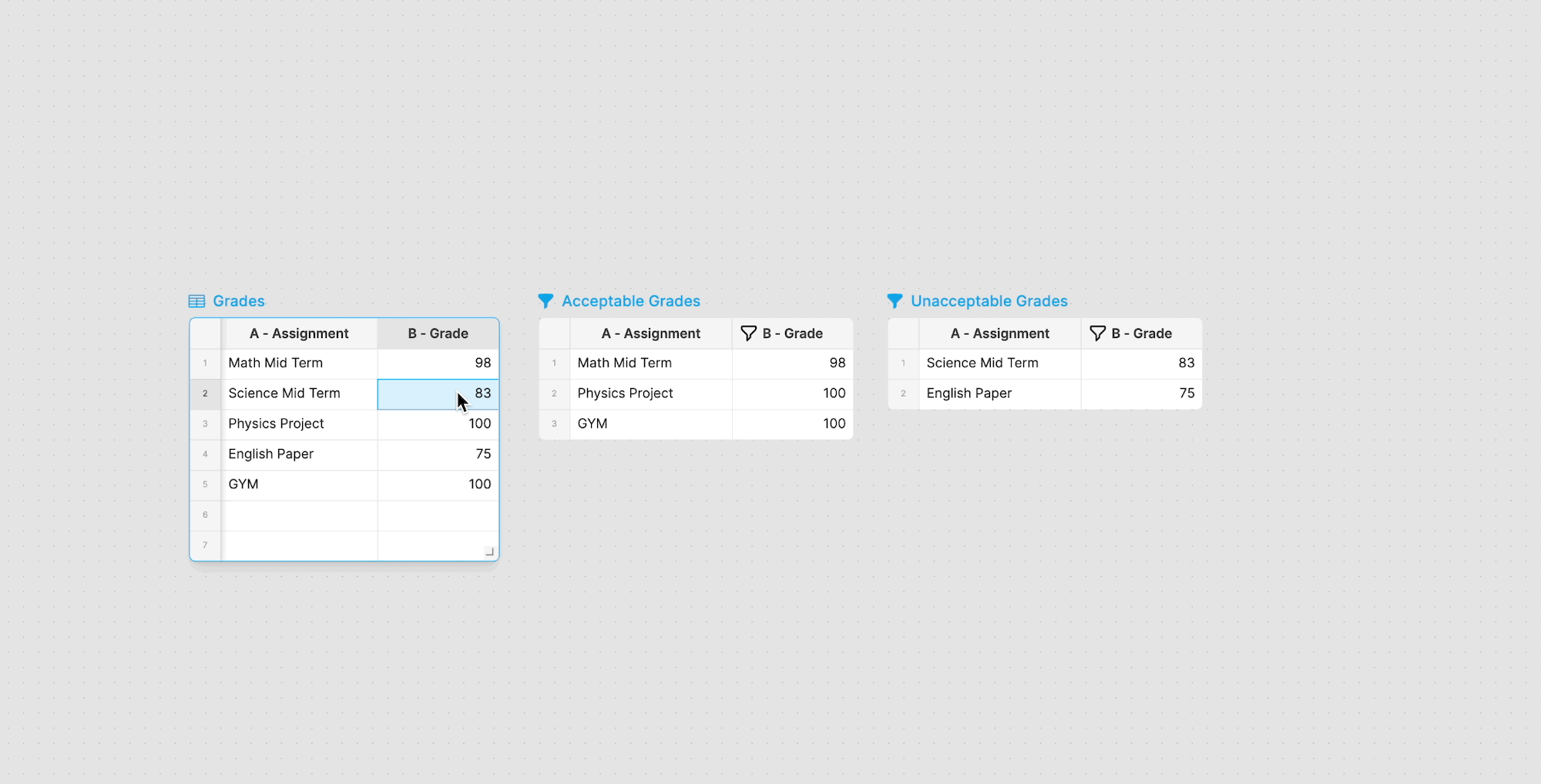💡 Metaphor in Diagrams 🚰 State of Flow-based Programming 🎈 Making Smalltalk 🪕 Folk Interfaces
Two Minute Week
🎥 Effect types; Roc, Koka, Unison etc via Peter Saxton
Week 33 & 35 my efforts trying to understand algebraic effect types. I think I will definitely be using them going forward


[x] Change Month and Week Number
[x] focWeekExport "2022-01-19" "2022-01-26"
[x] Summary
[ ] Hashtags
[x] Check that comment links work (push weekly dump with channel summaries)
[x] Check to mention right person for moved messages
[x] Update Search Index
[x] Download New Attachments
[x] Update links
https://tinyletter.com/
https://tinyletter.com/marianoguerra/letters/
http://localhost:8000/history/
https://marianoguerra.github.io/future-of-coding-weekly/
https://stackedit.io/app#